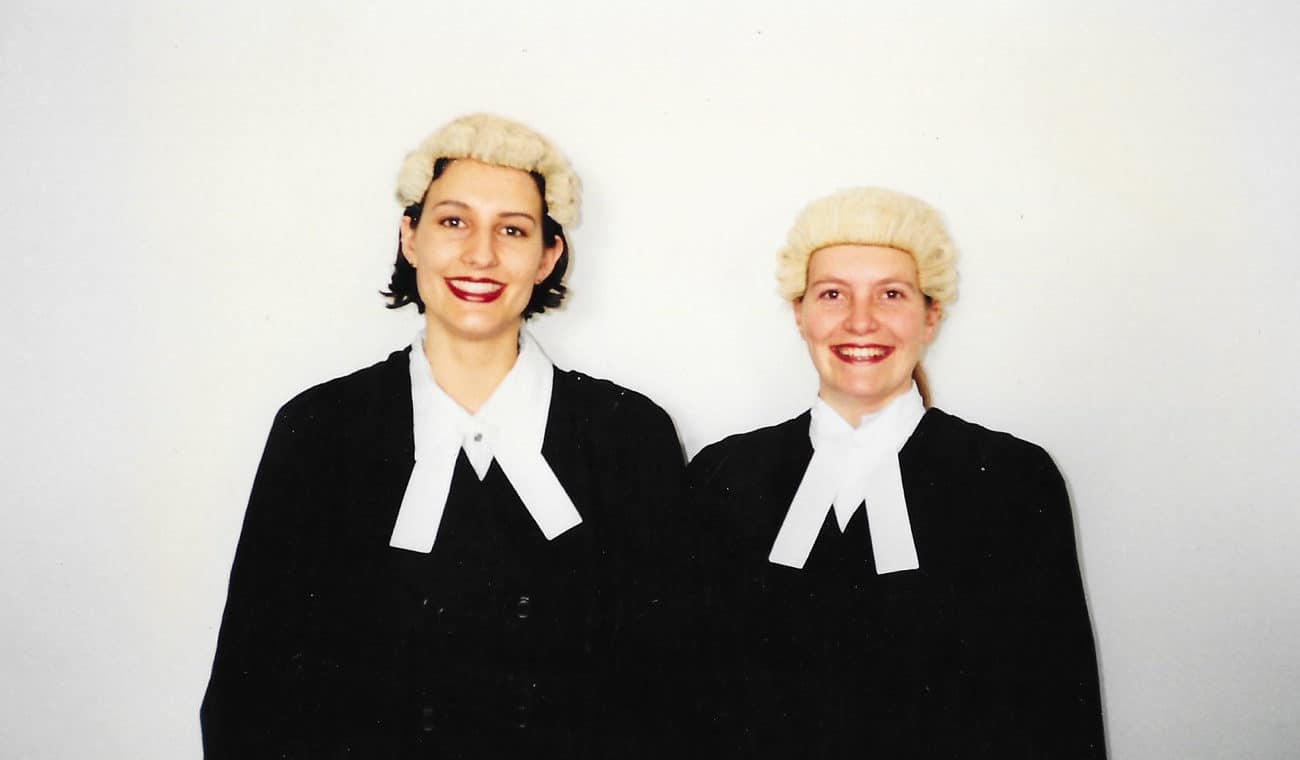Tim and Catherine: Help us finish the work Lecretia started
Tim Clarke and Catherine Marks are part of the pro bono legal team who supported Lecretia Seales to bring a legal case to New Zealand’s High Court in 2015. Here, they remember Lecretia as an influential legal reformer, colleague and friend.
_____
We had the privilege of knowing Lecretia as a friend and fellow lawyer for many years before Russell McVeagh represented her legal case in 2015.
Four years’ earlier, Lecretia had been diagnosed with brain cancer. As the disease progressed, she made the courageous decision to go to the High Court to ask for assistance to end her life if her suffering became unbearable. For us, and others on Lecretia’s legal team, being involved in her case was one of our proudest but saddest times as lawyers.
Lecretia was happily married with a flourishing legal career. She did not want to die. Sadly, that choice had been taken from her by an aggressive brain cancer. As she faced the end of life, Lecretia did not want to suffer against her wishes.
In early 2015, a legal case in Canada’s Supreme Court held that a total prohibition on assisted dying was a breach of the right to life. The court highlighted that without assisted dying, terminally ill people were taking their lives prematurely, while they were still physically able. As a lawyer, Lecretia understood the significance of this and believed we needed a more compassionate approach in New Zealand. She decided to bring her own legal case to change the law.
When Lecretia told us her plan, she had our full support. Together, we began a journey gathering an enormous amount of evidence from other jurisdictions and experts around the world. By the end, there was no question for us – the evidence showed the current law was unacceptable. Other countries had designed safe regimes that alleviated suffering and prolonged life without putting those who are vulnerable at risk. Why shouldn’t we have the same in New Zealand?
In Lecretia’s case, the judge Justice Collins found that palliative care did not alleviate all suffering, that Lecretia’s wish was rational and that the current state of the law put her at risk of premature death (through taking her own life while still able to do so). However, ultimately he considered it was for Parliament to make a decision whether the law should be changed. Lecretia was not granted choice at the end of life and very sadly died the following day.
Lecretia was an intensely private person. Taking a case to court was a big challenge. Yet she was also a committed law reformer. She fought this case not only for herself, but for other people with terminal illness in New Zealand. She hoped that, even if her case didn’t succeed, that it would start a debate and instigate legal reform. And this is what has happened.
Her case stands as an important chapter in New Zealand’s legal history. It provided the genesis and evidential foundation for what is now the End of Life Choice Act – a piece of legislation you will be asked to vote on at the upcoming election on 19 September. In our view, it is one of the safest laws in the world, with rigorous safeguards.
We miss Lecretia very much, as do her family and many friends. She was loyal, funny, determined and principled. We take some comfort in knowing how chuffed she would be that her efforts have resulted in discussion and debate, and legislation that will now be voted on at the next election. She continues to be an inspiration to us and many others.
Please, help us finish the fight Lecretia started. Vote YES in the End of Life Choice referendum on the 19 September.



